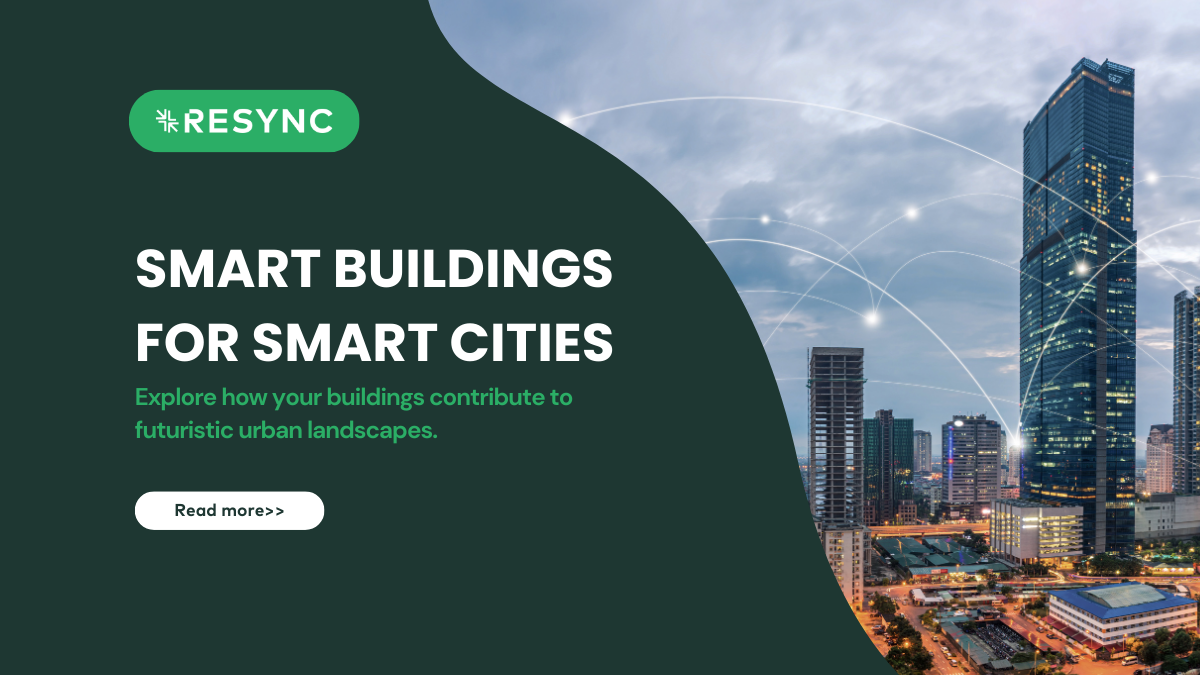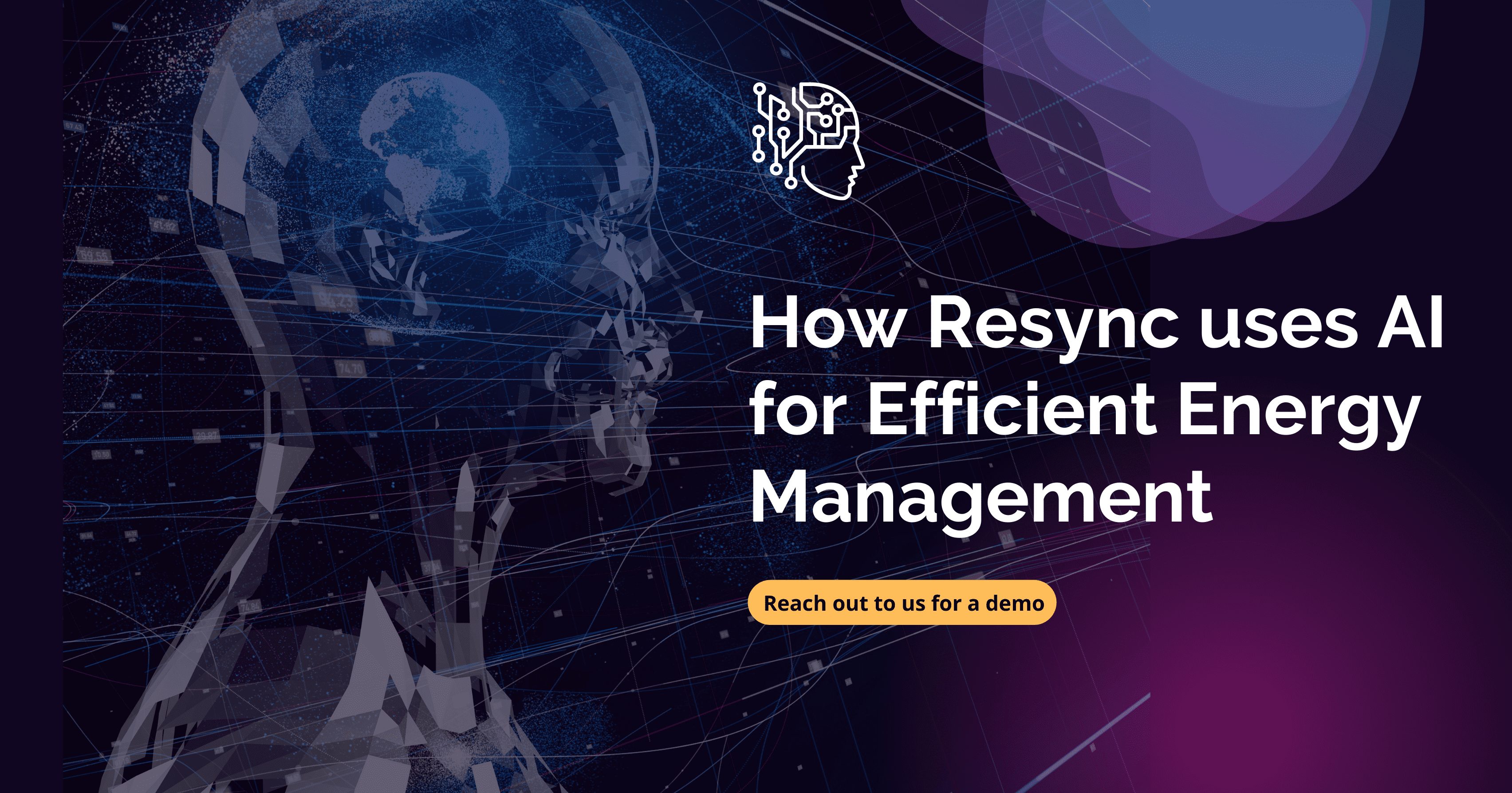As urbanization continues to accelerate, the concept of smart cities is gaining momentum worldwide. At the heart of these futuristic urban landscapes are smart buildings, which play a pivotal role in shaping the infrastructure, sustainability, and overall functionality of smart cities. Resync, with its innovative solutions, is at the forefront of this transformation, enabling buildings to become more intelligent, efficient, and sustainable.
The Role of Smart Buildings in Smart Cities
Smart buildings are integral to the fabric of smart cities, serving as the nodes that connect and enhance urban ecosystems. They leverage advanced technologies such as the Internet of Things (IoT), artificial intelligence (AI), and big data analytics to optimize energy consumption, improve occupant comfort, and enhance operational efficiency. Here’s how smart buildings contribute to the development of smart cities:
Energy Efficiency and Sustainability
One of the most significant benefits of smart buildings is their ability to optimize energy usage. Through AI-driven energy management systems, these buildings can monitor and control energy consumption in real-time, reducing waste and lowering utility bills. This not only cuts costs for building owners but also contributes to the broader goal of reducing the city’s carbon footprint. Resync’s solutions enable buildings to achieve up to 15% savings on energy bills, making a substantial impact on urban sustainability.
Enhanced Comfort and Safety
Smart buildings are designed to provide superior comfort and safety for their occupants. By integrating advanced HVAC systems, lighting controls, and security features, these buildings can adapt to the needs of their users, ensuring a comfortable and secure environment. Features like real-time air quality monitoring can lead to a significant improvement in indoor air quality, boosting occupant health and productivity.
Seamless Integration with Urban Infrastructure
Smart buildings do not operate in isolation; they are part of a larger interconnected urban infrastructure. They can communicate with other buildings, public services, and transportation networks, creating a seamless and efficient urban ecosystem.
Supporting a Sustainable Economy
Smart buildings contribute to the economic vitality of smart cities by attracting businesses and residents who value sustainability and efficiency. They create a favorable environment for tech-driven enterprises and innovative startups, fostering economic growth and job creation. Additionally, the operational savings achieved through smart building technologies can be reinvested into other critical urban projects.
Resync's Role in the Smart Building Revolution
Resync is at the forefront of the smart building revolution, offering cutting-edge solutions that empower buildings to become integral components of smart cities. Our AI-driven platform provides real-time energy optimization, predictive maintenance, and centralized control over building systems. By partnering with Resync, building owners and facility managers can transform their properties into smart, sustainable powerhouses that drive the success of smart cities.

Conclusion
Smart buildings are the building blocks of smart cities, playing a crucial role in enhancing urban sustainability, efficiency, and livability. As cities continue to evolve, the integration of smart building technologies will be essential in addressing the challenges of urbanization and creating a better future for all. With Resync’s innovative solutions, the vision of smart cities is becoming a reality, one building at a time.
Schedule a call with us today to explore how Resync can help transform your building and contribute to the development of smart cities. Together, we can create smarter, more sustainable urban environments.
Contact Us:
Our website: www.resynctech.com
For Enquiries: info@resynctech.com




